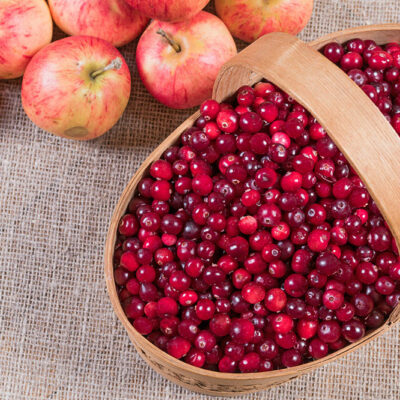
health
Tree pollen allergy – Symptoms, types, and prevention
Tree pollen is a common trigger for allergies when plants start flowering around springtime. In some regions, trees may release pollen at the beginning of January and continue until June. Often, trees yield dry, light pollen carried for miles by the wind. Some think tree pollen will not affect them because they reside in a city, which is untrue. Tree pollen allergy can affect anyone because the fine particles travel quickly through the air. Symptoms of tree pollen allergy Pollen allergies from trees or plants can cause symptoms that resemble hay fever or allergic rhinitis. When the body comes in contact with pollen, it overreacts and soon releases a chemical histamine to shield against the allergen. This excess histamine release may trigger the following symptoms: – Itchy throat – Sneezing – Coughing – Runny nose – Itchy eyes – Watery eyes – Itchy nose – Itchiness on or at the mouth’s roof – Nasal congestion – Postnasal drip – Feeling irritated – Tiredness – Swelling around the eyes – Disturbed sleep Asthma can aggravate tree pollen symptoms. Sometimes, one may be confused between the two because their signs are almost the same. If a symptom appears in the first few months of the year, it is probably induced by a tree pollen.
Read More 








